To provide the best experiences, we use technologies like cookies to store and/or access device information. Consenting to these technologies will allow us to process data such as browsing behaviour or unique IDs on this site. Not consenting or withdrawing consent, may adversely affect certain features and functions.
The technical storage or access is strictly necessary for the legitimate purpose of enabling the use of a specific service explicitly requested by the subscriber or user, or for the sole purpose of carrying out the transmission of a communication over an electronic communications network.
The technical storage or access is necessary for the legitimate purpose of storing preferences that are not requested by the subscriber or user.
The technical storage or access that is used exclusively for statistical purposes.
The technical storage or access that is used exclusively for anonymous statistical purposes. Without a subpoena, voluntary compliance on the part of your Internet Service Provider, or additional records from a third party, information stored or retrieved for this purpose alone cannot usually be used to identify you.
The technical storage or access is required to create user profiles to send advertising, or to track the user on a website or across several websites for similar marketing purposes.
 The overwhelming majority of UK workers don’t do anything productive at all, according to a new report published today. The study of available research into the illnesses, injuries, distractions, wastes of time, procrastinations, productivity drains and paralyses that afflict British workers found that the annual cost to the British economy is around £1.8 trillion, equivalent to 98.9 percent of GDP.
The overwhelming majority of UK workers don’t do anything productive at all, according to a new report published today. The study of available research into the illnesses, injuries, distractions, wastes of time, procrastinations, productivity drains and paralyses that afflict British workers found that the annual cost to the British economy is around £1.8 trillion, equivalent to 98.9 percent of GDP.









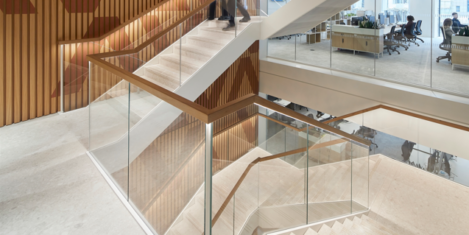
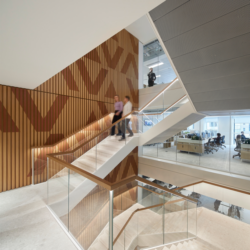



 In a significant redevelopment move, 8 Canada Square, currently the headquarters of HSBC, is set to be transformed into a modern multi-use skyscraper once the bank vacates its
In a significant redevelopment move, 8 Canada Square, currently the headquarters of HSBC, is set to be transformed into a modern multi-use skyscraper once the bank vacates its 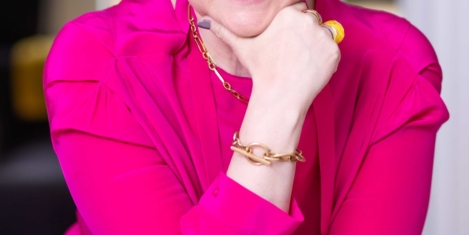




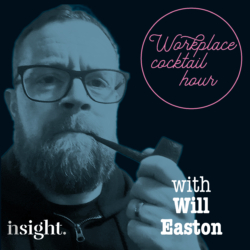
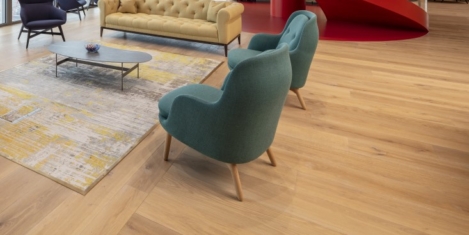
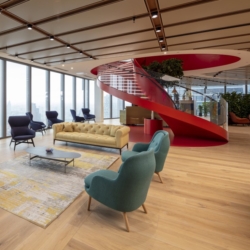
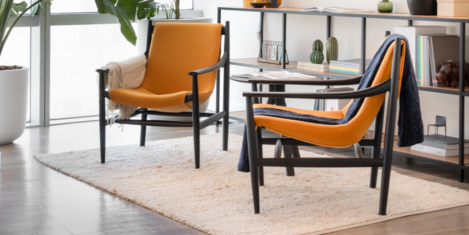
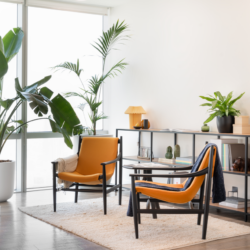








December 17, 2024
How Charles Handy changed the way we speak about the workplace
by Mark Eltringham • Comment, Facilities management
Originally published in 2019. There are writers whose language pervades our discourse so extensively that even those who have never heard of them will echo not only their sentiments but also their means of expression. One of these people is Charles Handy, who has just published his latest book 21 Letters on Life and its Challenges at the age of 87. His work resonates to this day and not least because he was so far ahead of the curve in detailing many of the characteristics of modern organisations and the challenges created for everybody by the changing nature of work and business. (more…)